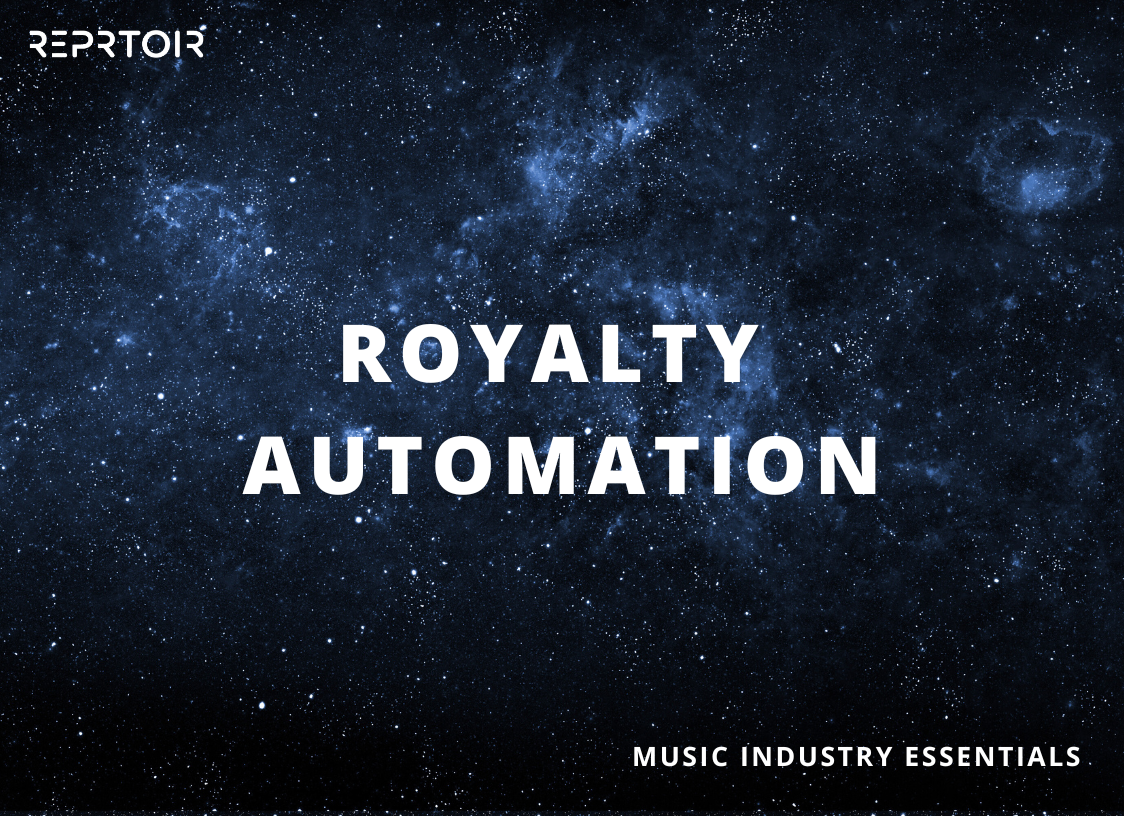The music industry’s shift to streaming has transformed how labels, publishers, and artists handle the financial side of things. Royalty accounting – once dominated by manual spreadsheets, quarterly reports, and opaque calculations – is now undergoing a much-needed evolution.
At the heart of that change? Automation.
In a digital-first landscape where hundreds of thousands of tracks are released each day, automated royalty systems are no longer a nice-to-have. They’re essential for scalability, accuracy, and transparency.
Let’s explore how royalty automation is reshaping the industry and why it’s become a cornerstone of modern music finance:
The Royalty Accounting Problem: Too Much, Too Fast
Every time a track is streamed, downloaded, synced, or licensed, a royalty is owed. Multiply that by hundreds of DSPs, varying international rates, and layered rights ownership structures, and you get a logistical nightmare.
Traditional royalty workflows relied on manually importing statements, reconciling reports from platforms like Spotify or Apple Music, calculating splits by hand, and delivering opaque statements to artists weeks or months later.
This model worked when there were fewer rights holders and slower reporting cycles. But now, the sheer volume of micro-payments, fractional rights, and real-time consumption data has overwhelmed legacy systems.
Mistakes are common. Payments are delayed. Trust erodes.
What Is Royalty Automation?
Royalty automation refers to the use of software tools and data integrations to ingest DSP statements, calculate splits, generate artist reports, and trigger payments with minimal manual effort.
Automation in royalty management includes smart contract systems, blockchain-based verification, and real-time payout structures, all of which contribute to faster and more accurate revenue sharing.
But at the most practical level, automation is about relieving teams from the grind of manual processing while improving the speed and reliability of every transaction.
Why It Matters for Labels and Publishers
For rights holders, whether you’re running an indie label or managing a large catalog, automated royalty systems offer clear advantages:
- Accuracy at Scale: With direct ingestion of DSP statements and built-in logic for complex splits, automation reduces human error and ensures each contributor is paid correctly.
Speed of Payouts: Faster calculations mean quicker payouts. Some platforms are even enabling near-real-time royalty settlements, increasing cash flow for creators. - Operational Efficiency: Freeing your team from spreadsheet nightmares lets them focus on artist relationships, deal-making, and catalog growth.
- Audit-Ready Reporting: Automated systems generate detailed, transparent statements that hold up under scrutiny, crucial for both internal tracking and rights disputes.
Why It Matters for Artists
For artists, automation builds trust. Rather than waiting months for vague royalty statements, they can access detailed, transparent breakdowns of where income is coming from and how it was calculated.
This level of visibility helps artists budget better, spot trends, and feel confident in the integrity of their partnerships. In an age where creators are increasingly business-savvy and data-driven, that transparency is a competitive differentiator.
Real-time royalties also empower artists to take control of their earnings and plan smarter financial strategies, especially critical in the age of independent releases.
Common Features of Modern Royalty Automation Platforms
The best royalty accounting solutions today typically include:
- DSP Statement Integration: Direct ingestion from Spotify, Apple Music, YouTube, etc.
- Split Calculation Engines: Logic-based tools that handle complex revenue splits.
- Multi-Currency Support: For international payments and currency conversion.
- Customizable Contracts: To reflect varying terms per artist, territory, or release.
- Automated Invoicing & Reporting: For seamless audit trails and creator transparency.
- Secure Artist Portals: Giving stakeholders real-time access to their earnings and statements.
Challenges and Considerations
Despite its benefits, royalty automation isn’t plug-and-play. Implementation requires upfront effort, including importing catalogs, defining contract rules, and ensuring metadata accuracy (something we explored in-depth here).
Additionally, royalty automation tools are only as good as the data they process. That means your catalog must be clean, metadata consistent, and contracts clearly defined. Otherwise, automation will simply accelerate bad data.
The Future of Royalty Accounting Is Real-Time
We’re quickly approaching a future where rights payments happen in near real-time. Thanks to technologies like blockchain and smart contracts, royalty systems will soon trigger automatic payouts the moment a song is streamed or licensed, cutting weeks or months off the current payment cycle.
This shift improves cash flow for creators and supports the growing independent music economy, where artists expect transparency and speed as the standard.
Royalty automation is the new baseline for efficient, transparent, and trustworthy music accounting.
If you’re a publisher managing thousands of songs or an indie label juggling multiple artists, automating royalty flows helps you stay competitive, reduce overhead, and improve relationships across your roster.
At Reprtoir, we help labels and publishers take control of their royalties with powerful tools for catalog management, release planning, automated accounting, and creator transparency.
Contact us to learn how we can support your music operations from rights to reporting.










